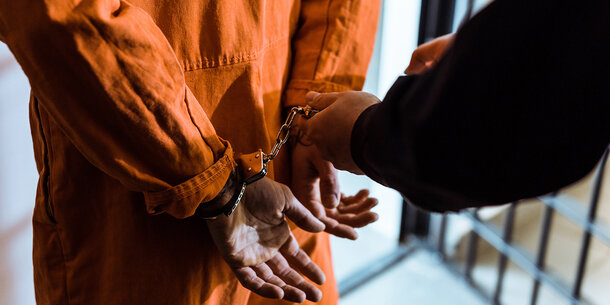This is part of the Brennan Center’s response to the coronavirus.
This op-ed originally appeared in the Los Angeles Times.
As the coronavirus upends American life and threatens public health, it’s endangering the elections we use to choose our representatives as a free people. On Friday, Louisiana announced it would postpone its presidential primary to June. Other states have closed polling places, including those in senior facilities.
Our election system is utterly unready to deal with a pandemic. States that have primaries coming up in the next week or two are rapidly taking steps to keep voters safe from potential infection at polling places, putting in place cleaning procedures and expanding polling areas to allow social distancing between voters. But as the virus spreads over time, that may not be enough.
This pandemic does not have an end date. But there’s time to reduce risks if Congress and state legislatures act now. Quick and concerted action, backed by a significant infusion of federal resources, is needed to ensure that COVID-19 does not prevent millions from voting in November — a situation this country must avoid at all costs. Even for states with primaries in May or June, there’s still time to put in place flexible electoral procedures that allow for safer voting methods.
For a comprehensive plan to protect the 2020 election from Covid-19, click here.
Start with voter registration. In the past, registration required physically filling out pieces of paper. Today 39 states allow voters to register online. The remaining states should do so, too, which will require federal dollars to add an online option. Those that already register voters online should bolster their current systems so officials don’t have to manually process the records. And states will need to loosen registration deadlines to account for government office closures and delays.
Even before the pandemic, too many polling places have been shut down, leading to long lines and confusion. COVID-19 might force many more. After Hurricane Sandy hit New York and New Jersey in 2012, many voters had to go to new and unfamiliar sites. And long lines on election day could lead to dangerous exposure for voters and poll workers.
To prevent this, officials should keep existing polling places open, consistent with public health and protection needs. But if they can’t, they must let people know where their new sites will be as soon as possible. That’s especially important when it comes to voting sites at senior homes. And the voting period should be extended, preferably over two weeks, to prevent long lines and allow for social distancing.
For the millions of voters who will be unable or unwilling to go to a polling place this year, there needs to be a universal option of voting by mail. In states where election officials do not already have the authority to provide this option, this will require action by state legislatures or Congress or emergency orders by state executives. Voters should be given the chance to ask for mail-in ballots in myriad ways — on the phone, online, by letter. Officials should print enough ballots so that every possible voter could get one.
Security for mail-in ballots is critical, too. Secure drop boxes could be installed at government offices or other locations to avoid tampering and bolster confidence. Deadlines should be extended so that all mail-in ballots are counted. While mail voting should be available to all, in-person balloting is still the most accessible and secure option for many Americans. For those in many Native American communities, it is the only one. We should do what we can to retain the in-person option.
Unlike primary elections, which states can move, the presidential election date was set by a federal law in the 1840s and applies uniformly across the country. Presidents are sworn in on Jan. 20, and a shift would leave little time for a transition. That’s why it’s critical we take the steps needed to ensure that everyone can vote safely and securely in November.
We’ve never had to run an election beset by a public health emergency of this kind. But we’ve had to cast ballots amid crisis and disruption before. In 1864, during the Civil War, Abraham Lincoln was determined to maintain free elections, even though he believed he might lose. “We cannot have free government without elections; and if the rebellion could force us to forgo, or postpone a national election it might fairly claim to have already conquered and ruined us,” he wrote.
With the same spirit, we can make sure this devastating pandemic does not undermine our democracy.







